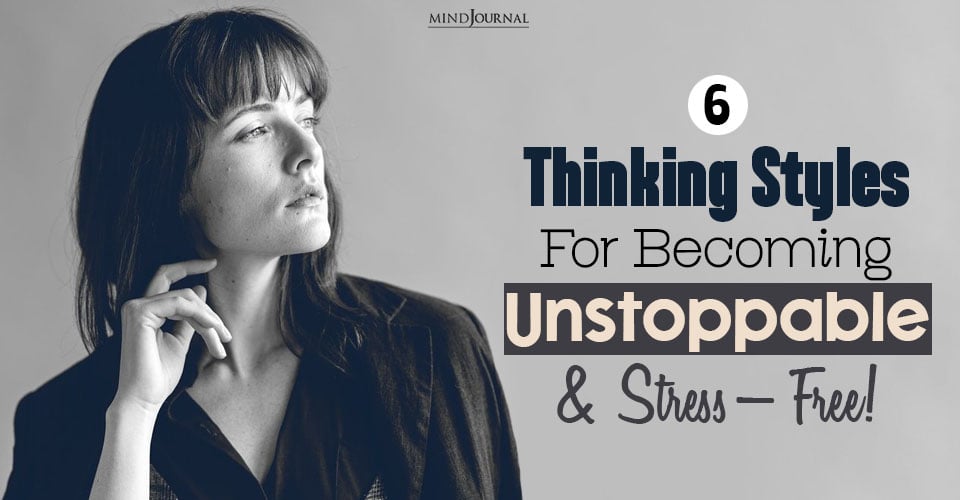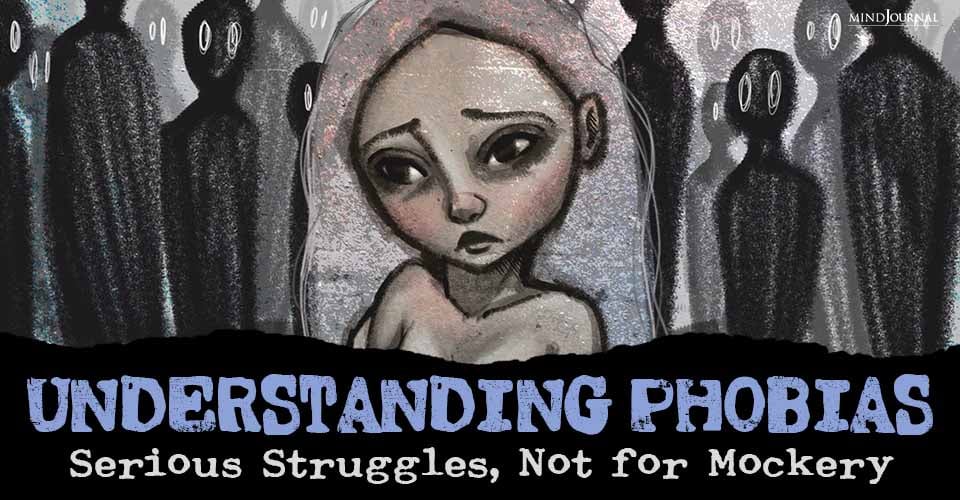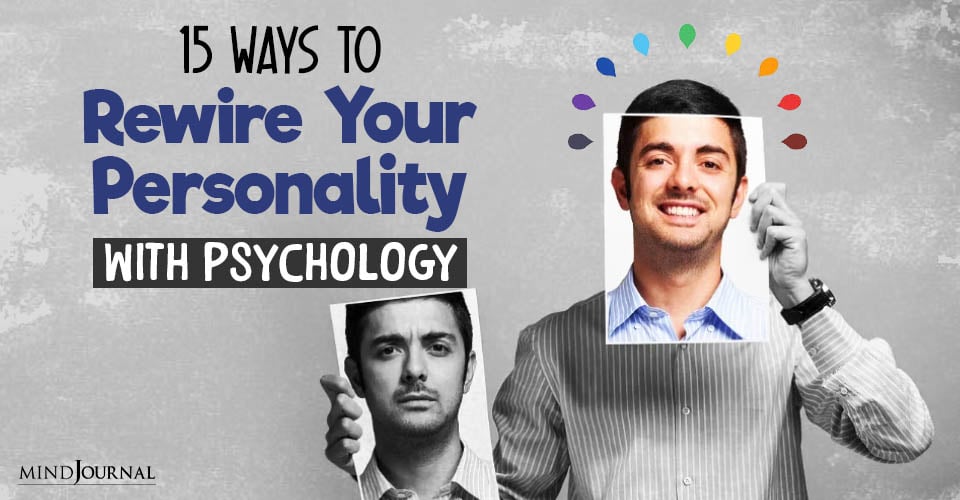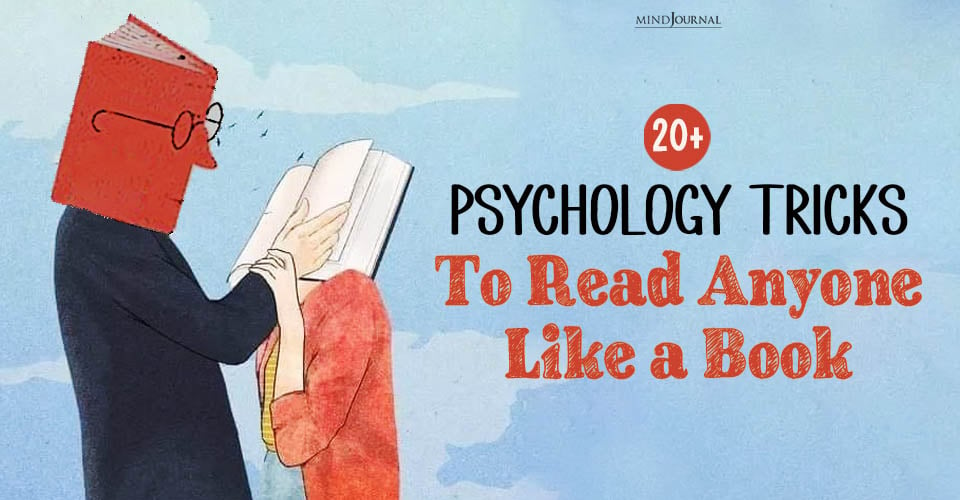Have you ever witnessed an emergency situation and felt hesitant to intervene because there were others around? If so, you may have experienced the bystander effect. But what is the bystander effect in psychology? Let’s find out.
What is the bystander effect in psychology?
The bystander effect refers to a social psychological theory where individuals are less likely to offer help to a victim or intervene in emergency situations when other people are present. This psychological phenomenon is also known as bystander apathy.
The presence of others inhibits one’s willingness to intervene in an emergency situation and provide care or assistance to someone in need. It is characterized by a diffusion of responsibility and a decreased likelihood of taking action, despite recognizing the urgency of the situation.

This bystander effect has been studied extensively in psychology and can have serious consequences for those in need.
One example of the bystander effect is the case of Jennifer Ertman and Elizabeth Pena, who were brutally murdered in Houston, Texas, in 1993. Several people saw the girls being taken by a group of young men, but no one intervened or called the police until it was too late.
This case is a tragic example of the bystander effect and highlights the consequences of inaction in emergency situations.
Related: 25 Fascinating Psychological Effects Most of Us Don’t Know About
Origin of bystander effect in psychology
The concept was first proposed in 1964 after the murder of Kitty Genovese, where 38 eyewitnesses allegedly failed to help or call the police as she was being stabbed to death over a period of 35 minutes. Later psychologists conducted research into the bystander effect to understand why witnesses did not intervene.
The term “bystander effect” was first coined by psychologists Bibb Latané and John Darley in 1968 after they conducted a series of experiments to investigate why people fail to intervene in emergency situations.
In their experiments, participants were placed in staged emergency situations (such as smoke filling a room or someone appearing to have a seizure) and observed how they reacted when they were alone versus when other people were present.
Latané and Darley found that when participants were alone, they were much more likely to offer help than when there were other people present.
They theorized that the presence of other people created a diffusion of responsibility, where individuals felt less personally responsible for taking action because they assumed that someone else would do it.
They also found that individuals looked to others in the group for cues on how to behave and if no one else was taking action, they were less likely to as well.
The term “bystander effect” was used to describe this phenomenon, as it refers to the tendency of individuals to stand by and do nothing in emergency situations when other people are present.
The term has since become widely used in psychology and has been the subject of numerous studies investigating the factors that contribute to the bystander effect and ways to overcome it.
Now that we know what is the bystander effect in psychology, let’s understand why it happens.
What causes the bystander effect?
The bystander effect happens for several reasons. Here are some of the possible reasons –
1. Diffusion of responsibility
One of main causes is the diffusion of responsibility that occurs when individuals are in a group. When we are alone, we feel a greater sense of personal responsibility for taking action in emergency situations.
However, when there are other people around, we assume that someone else will take care of the situation, and therefore, our personal responsibility is diffused among the group.
2. Social influence
Another reason the bystander effect happens is that we look to others in the group for cues on how to behave. If we see that no one else is taking action, we assume that it must not be necessary or that someone else is better equipped to handle the situation.
This is known as social influence or social referencing, and it can be a powerful force in shaping our behavior. This is what causes the bystander effect.
3. Evaluation apprehension
Another factor may be the fear of negative evaluation or embarrassment which can deter us from taking action, as we worry about how others will perceive their intervention. This can happen simply because we are unsure of what to do in an emergency situation.
When we are alone, we may feel more confident in our ability to take action because we do not have to worry about what others will think or how they will react. However, when we are in a group, we may feel more self-conscious and unsure of what to do, which can lead to inaction.
Related: 25 Interesting Psychological Facts You Didn’t Know About Yourself
Overcoming the bystander effect
So how can we overcome the bystander effect and ensure people intervene and help in emergencies? Here are a few recommendations based on psychological research:
1. Spread awareness
One way is to increase awareness of the phenomenon and educate people on how to recognize and overcome it.
By understanding what is the bystander effect in psychology and realizing that it is a real and powerful force, individuals may be more likely to take action when they witness an emergency situation.
2. Make eye contact
Making eye contact with just one other bystander significantly increases the chances that one of you will intervene. Eye contact reduces diffusion of responsibility.
3. Take charge
Assign tasks and take charge of the situation by clearly delegating roles and responsibilities to others in a group. This single-handedly activates others to help.
For example, in workplaces or schools, there may be designated first aid responders or emergency contacts who are responsible for taking action in emergency situations. By assigning specific roles, individuals are less likely to assume that someone else will take care of the situation.
4. Use authority
Refer to yourself in an authoritative role like police or doctor in order to legitimize action and persuade others to help.
5. Be calm and confident
Activating a calm and confident demeanor communicates to others that intervention is required, reducing evaluation apprehension and increasing the chances of others pitching in to help.
6. Call the authorities
The quickest and surest way to intervene is by making an anonymous call to the police or emergency responders. This ensures immediate help while reducing personal responsibility and risk.
7. Training programs
Training programs can also be developed to teach individuals how to respond to emergency situations. These programs can include simulations or role-playing activities that help us practice taking action in a safe and controlled environment.
By building confidence and skills, individuals may be more likely to intervene in emergency situations when they occur.
Takeaway
The bystander effect is a powerful phenomenon that can have serious consequences in emergency situations. But with awareness of what is the bystander effect in psychology, empathy and proactive intervention strategies, we can ensure that emergencies do not go ignored and more lives are saved.
It is important to remember that in emergency situations, every second counts. By taking action, you could potentially save a life or prevent a serious injury.
If you find yourself in a situation where someone needs help, do not assume that someone else will take care of it. Take action and call for help or provide assistance if you are able to do so safely.
Related: 35+ Mind-Bending Psychology Facts About Human Behavior










Leave a Reply